Speaking with Industry and Trade Magazine, a representative of the Electricity Regulatory Authority said that as of May 23, 2023, only 18/85 transitional renewable energy power plants had been granted electricity operation licenses, and up to 12 transitional projects had submitted price negotiation documents but had not yet submitted licensing documents (including 11 wind power projects and 01 solar power project).
Currently, the Ministry of Industry and Trade has agreed on the temporary prices of 19 transitional wind and solar power plants. Once these power projects fully meet the regulations, these plants will be able to mobilize electricity to the national grid.
The FIT preferential electricity price mechanism is a support electricity price mechanism, designed to promote investment in solar and wind power projects and is regulated within a certain period of time.
After the FIT price mechanism expires, the electricity price mechanism for solar power plants and wind power plants will continue to be implemented according to current legal regulations.
Electricity price framework for renewable energy projects transition
Currently, there are 8 solar power plants or parts of solar power plants that have signed power purchase contracts with EVN before January 1, 2021 and 77 wind power plants or parts of wind power plants that have signed power purchase contracts with EVN before January 1, 2021 but do not meet the conditions for applying FIT electricity prices in Decision No. 13/2020/QD-TTg dated April 6, 2020 of the Prime Minister with the total capacity of these 85 transitional power plants being 4,736 MW.
The Ministry of Industry and Trade has issued Circular No. 15/2022/TT-BCT and Decision No. 21/QD-BCT as a basis for EVN and transitional projects to agree on electricity prices that do not exceed the electricity generation price framework issued by the Ministry of Industry and Trade (determined based on project investment rate data taking into account the downward trend in investment rates of solar and wind power types in the world ).
Specifically, the investment rate of grid-connected solar power projects in the 2018-2021 period decreased from 1,267 USD/kW to 857 USD/kW (equivalent to 11%/year), the investment rate of grid-connected onshore wind power projects decreased from 1,636 USD/kW to 1,325 USD/kW (equivalent to 6.3%/year), leading to changes in the calculation results of the price frame compared to the issued FIT price.
For example, for ground-mounted solar projects, the FIT 2 price (issued in 2020 at 7.09 cents/kWh) has decreased by 8%/year compared to the FIT1 price (issued in 2017); the power generation price frame (issued in January 2023) has decreased by about 7.3%/year compared to the FIT2 price (issued in 2020).
"In addition, the "race" to enjoy the FIT price incentives in time, because the site clearance and construction time is too urgent, leads to many projects having very expensive investment costs. Therefore, recently, some investors of renewable energy power plants have considered the renewable energy purchase price frame lower than expected, so they did not submit documents to negotiate electricity prices with EVN, leading to a prolonged negotiation time, causing a waste of resources" , said Mr. Tran Viet Hoa - Director of the Electricity Regulatory Authority, Ministry of Industry and Trade.
As of March 20, 2023 (more than 2 months since Decision No. 21/QD-BCT took effect on January 7, 2023), EPTC has only received 01 set of documents from investors, although it had previously sent documents to 85 investors requesting to send documents to have a basis for implementation according to negotiations in accordance with legal regulations.
Implementing the Government's direction, according to the authority to handle related issues for transitional renewable energy projects, the Ministry of Industry and Trade has requested Vietnam Electricity Group to consider temporary price agreements for these plants. After negotiations are completed and prices are agreed upon, payments will be made at the official price from the date of power generation to the grid (for projects that have completed investment and construction work and completed legal documents according to regulations).
As of May 26, 52/85 transitional solar and wind power plants with a total capacity of 3,155 MW (accounting for 67%) have submitted their documents to EVN. Of these, 42 plants with a total capacity of 2,258.9 MW are negotiating electricity prices with EVN; 36 plants with a total capacity of 2,063.7 MW have proposed a temporary electricity price equal to 50% of the price frame as a basis for mobilization. Currently, there are still 33 power plants with a total capacity of 1,581 MW that have not submitted their negotiation documents (accounting for about 33%).
In addition, many investors have violated legal regulations on planning, land, construction investment, etc., so they have not yet met legal procedures and cannot negotiate prices with EVN. Some investors have been asked to supplement their documents since the end of March 2023, but after 2 months they have not been able to supplement them.
"This is the time when investors need to urgently complete procedures and submit documents so that the electricity price agreement is not prolonged, shorten the time to put these projects into operation, and gradually solve the business problems of enterprises," the Ministry of Industry and Trade emphasized.
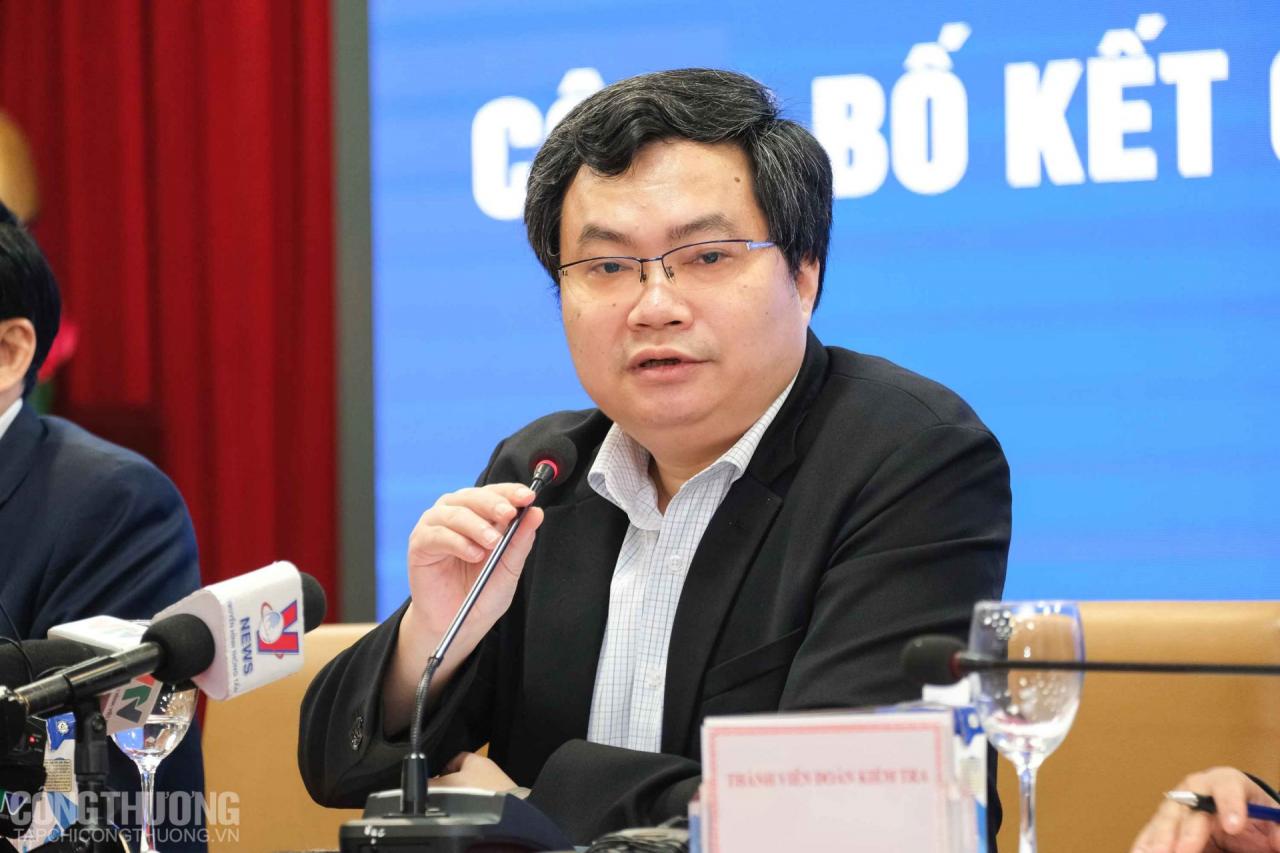
It can be seen that in recent times, renewable energy projects have been receiving many preferential mechanisms. The preferential price policy has been clearly announced in terms of roadmap, price, and preferential period. During that time, many very large-scale projects in localities, despite difficulties, have still been put into operation on schedule to enjoy the FIT price mechanism.
Following the trend not only in Vietnam but also in the world, prices and FIT mechanisms tend to decrease gradually. With that price mechanism, not all projects will record effective profitability. Therefore, investors need to make efforts to optimize management, administration, and operations to increase profitability with the new price range. Projects with the capacity to develop and operate projects as well as the ability to access cheap capital will have an advantage in this period.
Speed up negotiations on electricity prices for transitional wind and solar power projects
Implementing the direction of the Deputy Prime Minister, the Ministry of Industry and Trade has issued documents directing EVN to negotiate with investors on temporary prices and operate power generation on the grid. After negotiations are completed and prices are agreed upon, payments will be made according to the official price from the date of power generation on the grid for projects that have completed investment and construction work and completed legal documents according to regulations.
The Ministry of Industry and Trade has also directed EVN to coordinate with investors to complete legal procedures related to EVN such as: Connection agreement (if expired) before June 5; complete testing according to regulations before June 10 for power plants registered for testing, review the testing results of power plants, ensure compliance with technical requirements and related regulations.
Review the testing process and COD date recognition of solar and wind power plants, ensuring strictness, simplification and compliance with regulations; promptly review the documents submitted by investors, review the requirements for investors regarding the components of the electricity price negotiation documents, ensuring that the procedures are simplified but strict, reasonable and in compliance with regulations.
To date, the Ministry of Industry and Trade has approved temporary prices for 19 investors proposing to apply temporary prices during the negotiation period with a total capacity of 1,346.82 MW and currently, 17 more transitional power plants are being completed by EVN to submit to the Ministry of Industry and Trade for approval in May 2023. This is a positive signal, showing the negotiation efforts of the Investors and Vietnam Electricity Group in the spirit of harmonizing the interests of all parties. The implementation status of procedures for transitional renewable energy projects is updated by EVN on the website www.evn.com.vn.
For solar and wind power plants that are still facing legal procedures, the Ministry of Industry and Trade has directed its affiliated units and requested the People's Committees of the provinces to direct the Department of Industry and Trade to coordinate with investors to urgently carry out the design appraisal, design adjustment (if any) and inspect the acceptance work according to their authority. At the same time, the Department of Electricity and Renewable Energy is requested to guide investors facing planning problems during the process of adjusting investment policies.
Currently, the national power system, especially the Northern power system, is in the peak of the dry season, operating in an extremely difficult situation, due to high system load, poor water flow from hydropower plants, and many difficulties in fuel for coal-fired thermal power plants.
Therefore, the Ministry of Industry and Trade has directed EVN to increase the mobilization of available power sources to supplement the national power system, and urgently negotiate and mobilize renewable energy power plants to increase the capacity of the power system.
Complete legal procedures for official operation
During project implementation, investors must fully comply with legal regulations on land, construction, electricity, planning, environment, fire prevention and fighting, etc.
According to the provisions of the Electricity Law, power projects must be granted an electricity operation license before being put into operation. However, according to statistics, as of May 23, 2023, only 18/85 transitional renewable energy power plants (accounting for about 18.8%) have been granted an electricity operation license.
For the 19 power plants that have agreed on temporary prices, 13 power plants have been granted electricity operation licenses, of which 12 power plants have been granted with full capacity according to the plan, and 1 new wind power plant has been granted a partial license.
However, there are up to 12 transitional projects that have submitted price negotiation documents but have not submitted licensing documents (including 11 wind power projects and 01 solar power project).
From the data on granted electricity operation licenses mentioned above, it can be seen that the completion of legal documents for granting electricity operation licenses has not received due attention from investors, leading to delays in preparing and submitting documents to competent authorities.
The agreement on temporary prices and the preparation of applications for electricity operation licenses on the Ministry of Industry and Trade's online public service portal must be carried out by investors in parallel, as quickly as possible, and in accordance with the instructions of relevant legal documents, to ensure the rights and obligations of projects before the law. This has been informed and guided by the Ministry of Industry and Trade.
Specifically, according to the provisions of the Decrees guiding the implementation of the Electricity Law, projects must fully meet the conditions on electricity development planning; design and construct project items according to approved designs; inspection and acceptance must meet the requirements according to regulations; meet the human resource conditions for technical management and operation teams, etc.
The procedures and dossier components for applying for a license for renewable energy power plants have been detailed in Circular No. 21/2020/TT-BCT dated September 9, 2020 of the Ministry of Industry and Trade.
"The Government and ministries and branches always share and accompany investors to remove obstacles and difficulties. To quickly put renewable energy projects into operation, avoid wasting resources and investment costs of investors themselves, and at the same time supplement clean power sources for the national power system, it requires the cooperation of the government and businesses in the spirit of respect for the law," the Electricity Regulatory Authority affirmed.
According to the Electricity Regulatory Authority, electricity import is a long-term strategy based on Vietnam's political and economic relations to ensure the country's long-term energy security and is determined in the national electricity development plan for each period. Electricity import is carefully calculated with scenarios to ensure a small proportion of imports, ensuring national energy autonomy and security and in accordance with the conditions of political - economic - trade relations with countries in the region.
Currently, the national power system, especially the Northern power system, is in the peak of the dry season, operating in a very difficult situation, due to the high load on the system, the continued poor water flow of hydropower plants, and the difficult fuel situation for coal-fired thermal power plants. Therefore, the Ministry of Industry and Trade has directed the Vietnam Electricity Group to accelerate the construction and operation of transmission grid projects, especially key power transmission projects, power grid projects to release the capacity of renewable energy sources, and power grid projects serving the connection of imported electricity to ensure maximum efficiency of imported electricity output according to signed contracts/agreements. At the same time, it has also directed the Vietnam Electricity Group to urgently negotiate and mobilize renewable energy power plants to transition to increase the capacity of the power system.
Tapchicongthuong.vn


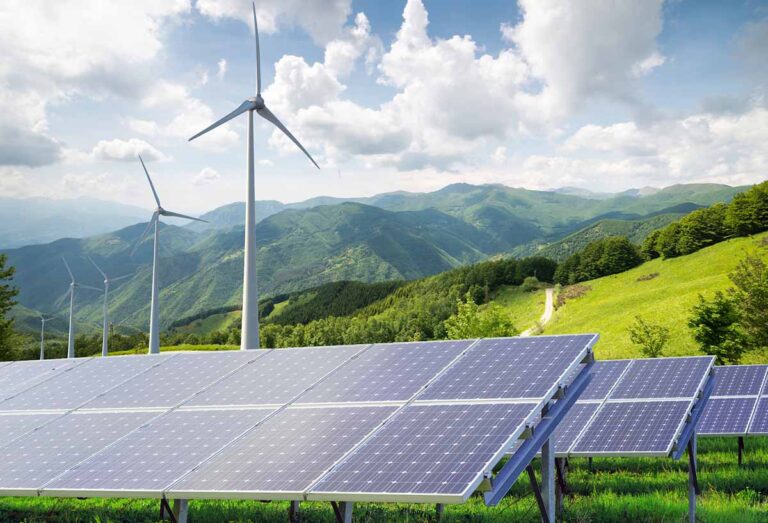
![[Photo] Ready for the top competitions of Vietnamese table tennis](https://vphoto.vietnam.vn/thumb/1200x675/vietnam/resource/IMAGE/2025/5/18/9c547c497c5a4ade8f98c8e7d44f5a41)


![[Photo] General Secretary To Lam visits exhibition of achievements in private economic development](https://vphoto.vietnam.vn/thumb/1200x675/vietnam/resource/IMAGE/2025/5/18/1809dc545f214a86911fe2d2d0fde2e8)


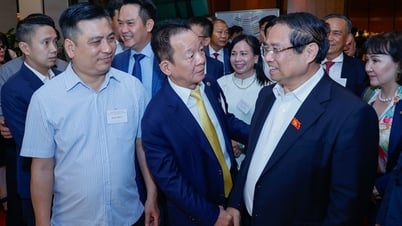





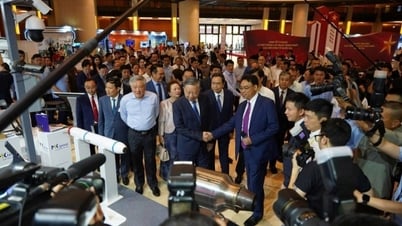


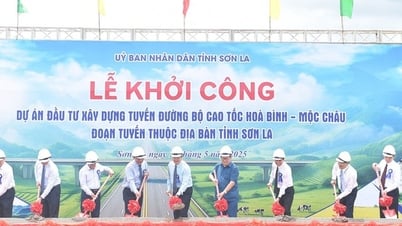




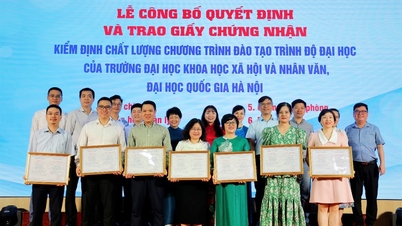
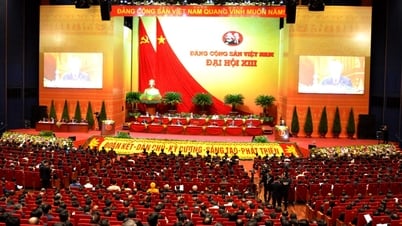




![[Photo] National conference to disseminate and implement Resolution No. 66-NQ/TW and Resolution No. 68-NQ/TW of the Politburo](https://vphoto.vietnam.vn/thumb/1200x675/vietnam/resource/IMAGE/2025/5/18/adf666b9303a4213998b395b05234b6a)















































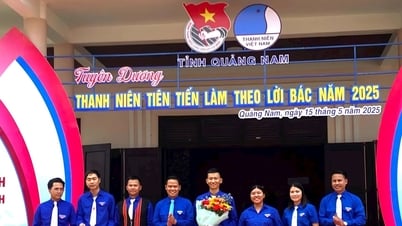
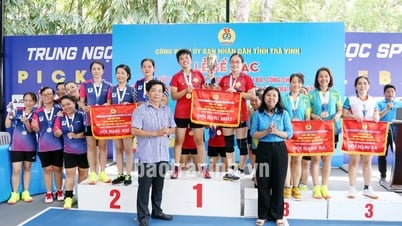














Comment (0)